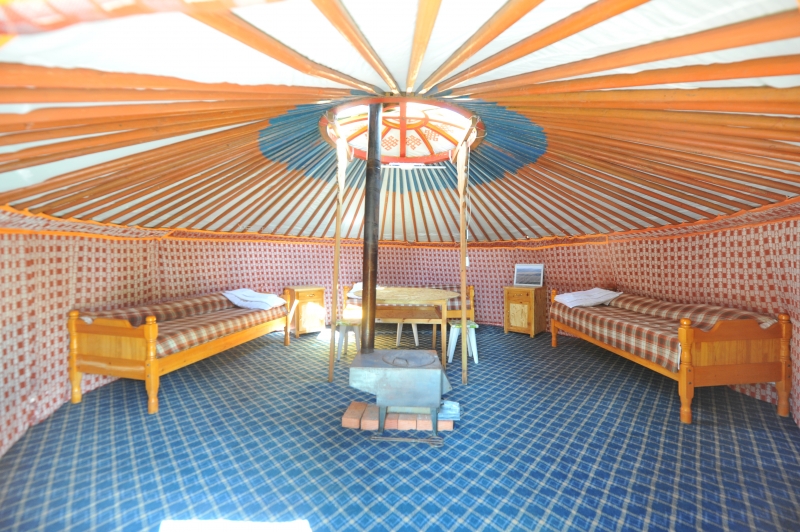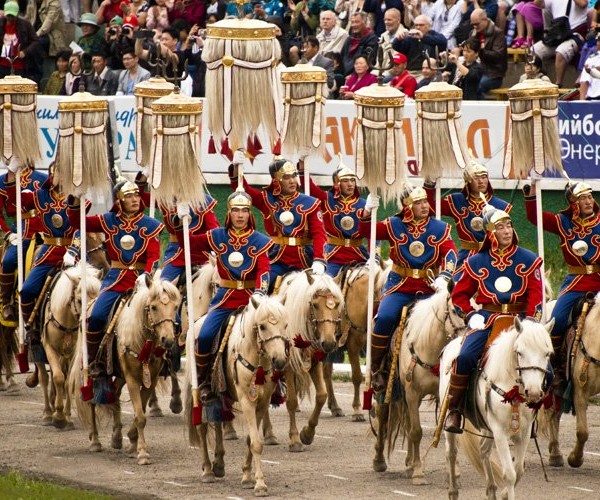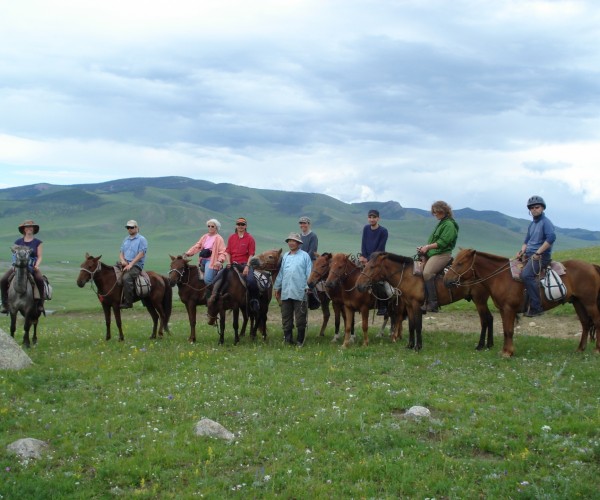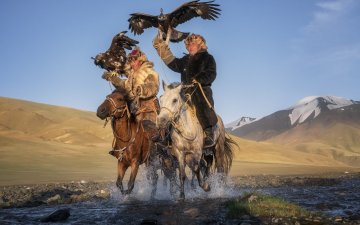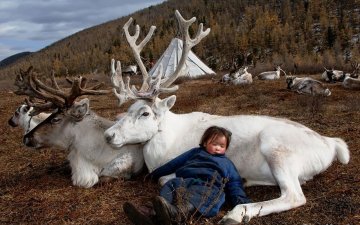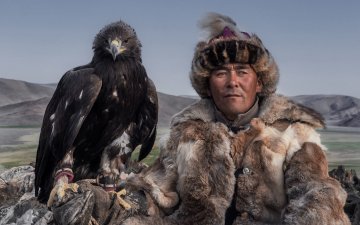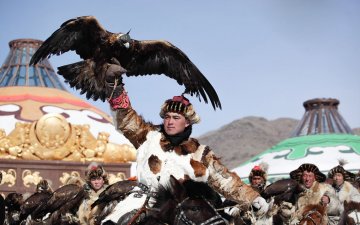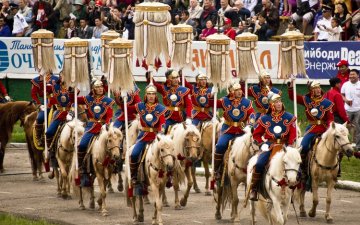Tsaatan, also known as the Dukha people, are a small ethnic group of nomadic reindeer herders who live in the remote taiga forest of northern Mongolia and southern Siberia. They are one of the last groups of people in the world who rely on reindeer for their livelihoods and cultural identity.
The Tsaatan people have a unique way of life, living in teepees made of reindeer hides and moving with their herds throughout the year. They hunt and fish in the forests, and also gather wild berries and mushrooms. Reindeer provide them with milk, meat, and transport, and are considered sacred animals.
The Tsaatan have their own language, which is part of the Turkic language family, but many also speak Mongolian and Russian. Due to their remote location and traditional way of life, they have maintained a strong cultural identity and are known for their distinctive traditional clothing, music, and dance.
However, the Tsaatan people face many challenges, including loss of pasture lands due to mining and logging, climate change affecting the migration patterns of their reindeer herds, and pressure to assimilate into mainstream society. As a result, their population has declined in recent years, and efforts are being made to preserve their culture and way of life.








